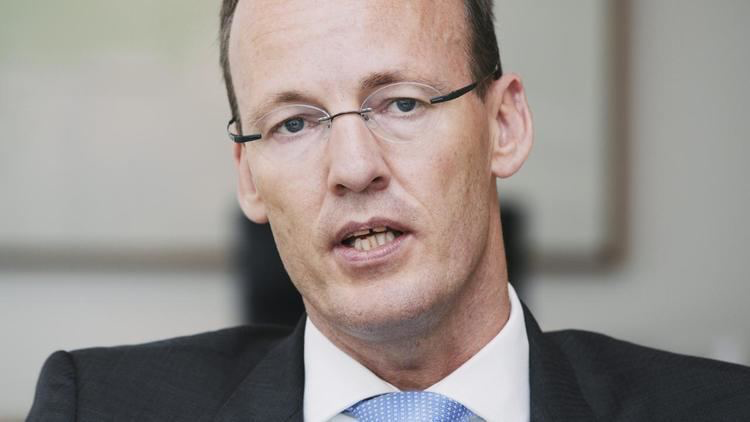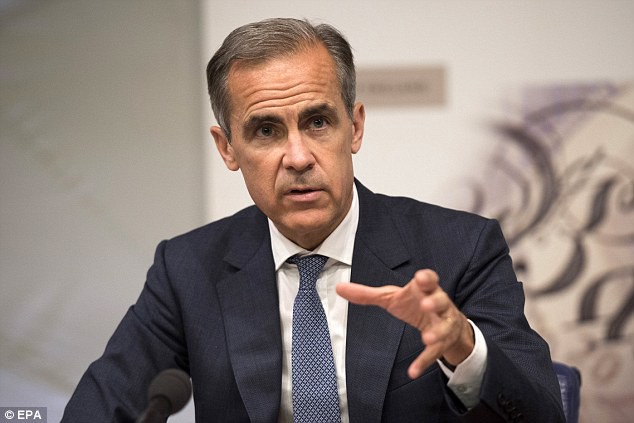"In response to a 2018 shareholder proposal, Chevron goes so far as to “… disagree with the premise… that future diversification of energy sources requires all energy producers to curtail production of fossil fuel resources and/or to diversify their portfolios proportionately. A decrease in overall fossil fuel emissions is not inconsistent with continued or increased fossil fuel production by the most efficient producers. "
What goes up must come down: It's time for a carbon drawdown budget | Climate Code Red
100% renewable electricity worldwide is a new cost-effective reality | The Beam
A global power system fully based on renewable energy is no longer a long-term vision, but a tangible reality.
Last year, Costa Rica has beaten its own record. The Central American country has run 300 days on electricity generated solely from renewable energy. Following the steps of Norway and Iceland, Costa Rica is about to showcase to the world how an emerging country can succeed in transitioning to a fossil-free electricity system.
Renewable energy is increasingly a success story in emerging and developing markets. Last year, they were leading in green energy investments. China will have added around 54 GW solar PV capacity in 2017 — three times more than any other country has ever done, which tops China’s total amount to 120 GW of solar PV installed capacity. India is catching up too, as its government announced to tender enough renewable energy projects to surpass 200 GW of new green capacity by 2022. According to financial analysts, by 2020 renewables will have become the cheapest form of power generation. Read More
HSBC to promise an end to its financing of coal power stations | Financial Times
The fiduciary responsibility of politicians and bureaucrats in the era of existential climate risks | Climate Code Red
The Pears Report - Risky Business? | Alan Pears, Renew Ecomony
THIS summer has exposed yet another aspect of the fragility of our traditional electricity
grid, with several failures in local distribution networks—the so-called ‘poles and wires’. As former ATA staffer Craig Memery has reminded us in a recent article (www.bit.ly/2HSHTao), the vast majority of power failures—97.2% on Craig’s figures—happen within local networks, with just 0.24% from insufficient generation.
Once again we face a choice between propping up traditional over-built
electricity supply infrastructure or driving transformation. The first involves inefficient capital investment in power lines and equipment capacity used for just a few hours a year; the second involves innovation with confusing options and other risks.
A NEG-ligible achievement | The Monthly
One of The Most Frightening Climate Change Predictions Seems to Be Already Happening | Science Alert
We have yet a lot to learn about the dynamics of the way the oceans absorb global warming.
Damage to Great Barrier Reef From Global Warming Is Irreversible, Scientists Say | NY Times
A huge heat wave killed 30 percent of the reef’s coral in 2016, and continuously high temperatures are preventing its recovery.
International Climate Risk Conference for Supervisors | Hosted by De Nederlandsche Bank - Klaas Knot
Welcome speech by Klaas Knot, President of the Dutch central bank De Nederlandsche Bank (DNB), at the first ever conference on climate risks and supervision, and also the first ever conference of the Central Banks and Supervisors Network for Greening the Financial System, Amsterdam, April 6th 2018.
Green Finance - a new frontier for the 21st century | Francois Villeroy de Galhau
Opening keynote by François Villeroy de Galhau, Governor of the Banque de France at the International Climate Risk Conference for Supervisors, Amsterdam, 6th April 2018. Slideshow below:
A Transition in Thinking and Action | Mark Carney
Mark Carney's speech at the International Climate Risk Conference for Supervisors in Amsterdam, 6th April 2018.
Will the inflection become a disruption? | Ben Scheltus
Mark Carney, the Chair of the Bank of England made an important speech in Amsterdam recently. He was attending a gathering of his counterparts that met to discuss the challenges presented by climate change.
His speech was called “A Transition in Thinking and Action”. He maintained that there has been a substantial shift in the way the finance community thinks about the risks presented by climate change and this change in thinking has resulted in action. He ended his speech by saying: “The tragedy of the horizon can be resolved in an orderly, effective and productive manner, however, with early transitions in thinking and action."
Andy Grove, Intel’s co-founder famously described a strategic inflection point as “an event that changes the way we think and act”. Inflection points can be a result of action taken by a company, or through actions taken by another entity, that has a direct impact on the company. Additionally, inflection points may be caused by international action or by unforeseen events.
A market disruption is a situation where markets cease to function in a regular manner, typically characterised by rapid and large market declines. A market disruption often occurs as a result of an event or group of events that are widely perceived as economically detrimental. The anxiety becomes contagious, causing both investor confidence and consumer confidence to fall. Recent examples of market disrupters are: Uber entering the ride share market, AirBNB for hotels, Amazon on bricks & mortar supermarkets, Tesla’s impact on the car industry and renewable energy’s impact on coal fired power.
We are currently facing an inflection in the finance market that is being driven from three directions:
1 In order to avoid a market disruption in the EU finance market, policy makers are energetically promoting a more effective and transparent method of disclosing the risks resulting from climate change. Chairs of a number of influential Reserve Banks have recently re-iterated their intent to change the way financial entities disclose and manage risks. They know that for markets to do what they do best – allocate capital effectively and dynamically – they need the right information. When risks are unknown or ill-defined, the market cannot allocate resources in an efficient and profitable manner. The policy maker’s goal is to help the industry manage the inflection.
2 The WEF Global Risks report published at Davos in February this year categorised five (of the top six) major risks emanating from climate change. When a powerful and authoritative group identifies risks in this manner, it pays to listen. Many of these risks will impact the finance industry – particularly insurance. Directors should pay heed and have a clear understanding of the risks identified and develop mitigation strategies.
3 Most countries are facing an inflection point in their energy markets – particularly in power generation. The transition towards renewables and battery technology has resulted in early adopters making investment decisions that will result in changes to the market that may happen faster than expected.
Readers need only consider the pressure the AGL board has recently experienced, to appreciate what may be in store for other firms. Laggards unwilling to change may end up owning stranded assets or have others limit their options.
Electricity supply is fundamental to the operation of a successful economy and one way or another – all Australian businesses will be impacted by this transition.
So what’s it going to be – an inflection or a disruption?
High Level Expert Group on Sustainable Finance - workshops and briefings
No doubt you are aware of the groundbreaking work done by Mr Bloomberg’s Task Force over the last two years?
Subsequent to the Task Force recommendations being published, the EU established a High-Level Expert Group on sustainable finance. The group's report sets out strategic recommendations for a financial system that supports sustainable investments.
Dr Paul Fisher, a key member of the group, who was also a member of the UK Green Finance Task Force, will be visiting Australia in November and running interactive workshops and executive briefing sessions. The sessions will address the relevance of and omissions from the HLEG in an Australian context.
If you are interested in attending these briefings, or organising something specific for your organisation, please contact us to register your interest. This will be an essential update for any executives working in the finance sector.
- There will be half day workshops, offering a deep dive into the HLEG’s recommendations. Dr Fisher will speak about each of the key recommendations and give the attendees the opportunity to ask questions and contribute their views to the conversation in the context of the Australian economy and current Australian policy settings. This workshop can be run as an internal session or one open to your clients.
- We also have 30-45 minute high level summary talks of the HLEG recommendations that would be ideal for a breakfast or lunch briefing, targeted at your client executives responsible for sustainable investment.
Hurricanes prompt Florida to order compulsory back-up power for nursing homes | Decentralized Energy
Climate change makes power supplies less reliable. Sometimes we need to mitigate the risk.
Canadian securities regulators to develop new guidance on climate risk disclosures | The Globe and Mail
The Canadian Government is getting serious about reporting climate risks for investors.















